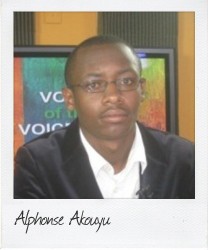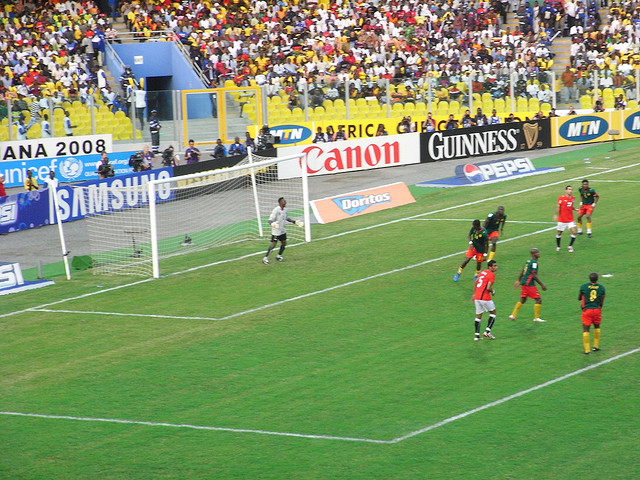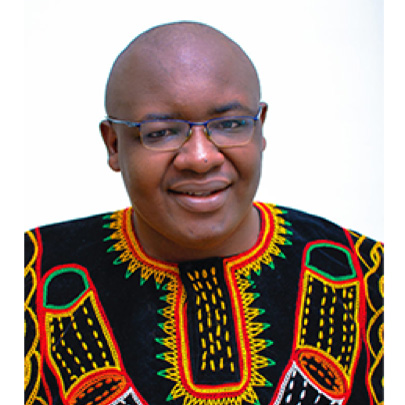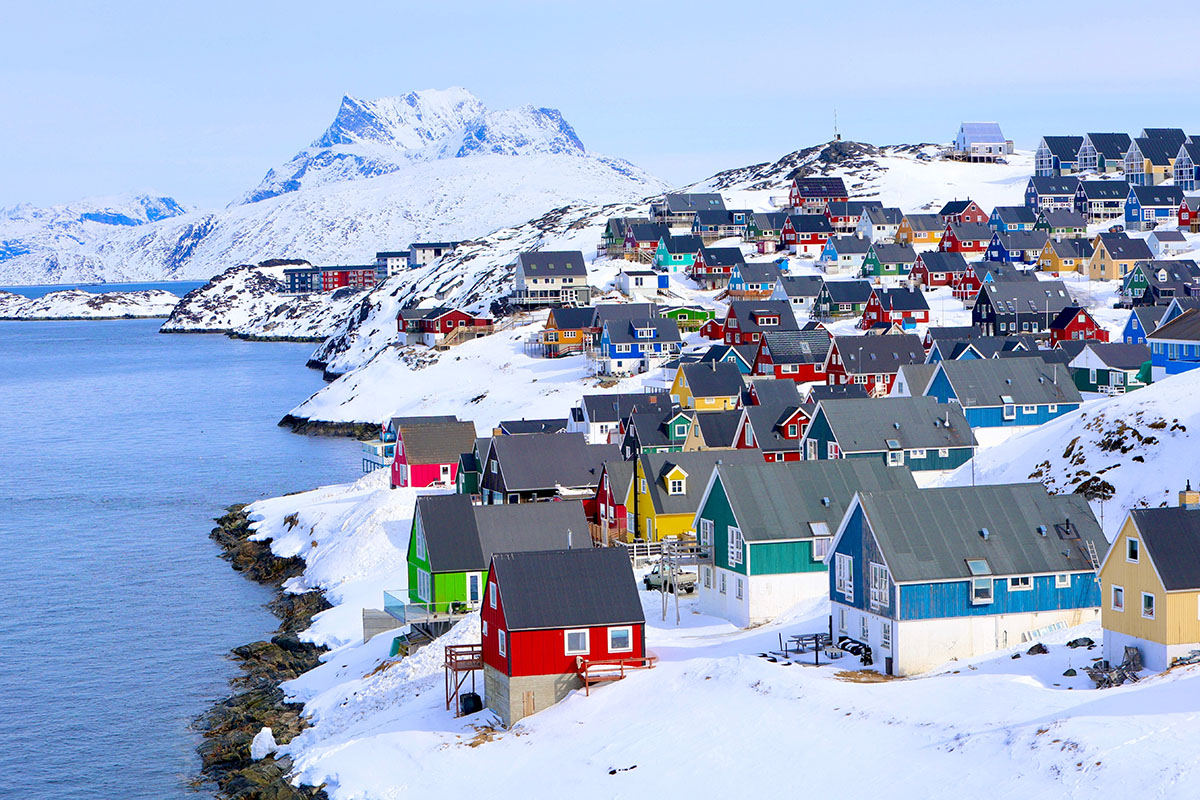"Africa Cup of Nations 2015 promises football thrills"
December 29 The sporting world has its eyes on the Africa Cup of Nations, writes Alphonse Akouyu, 20, a Commonwealth Correspondent from Bamenda in Cameroon, as he offers an assessment of this year’s contenders.
The sporting world has its eyes on the Africa Cup of Nations, writes Alphonse Akouyu, 20, a Commonwealth Correspondent from Bamenda in Cameroon, as he offers an assessment of this year’s contenders.
The drum beats of Africa’s premier football jamboree have for a while now been the headline story for most sports editors and journalists alike. The tournament, which is scheduled to be hosted in January 2015, has now been transferred to West Africa with Equitorial Guinea accepting to be the host.
Initially planned for North Africa, Morocco turned down the offer because of fears over the spread of the Ebola virus. Described by Westerners as acting in the country’s best interest and by Africans as lack of patriotism, this decision by the Moroccan government sparked a heated debate across the African continent. The threat of the Ebola virus is a predominant health concern nowadays in a continent which has lost more than 5000 souls as result of the health hazard, but on the flip side of things the battle against the virus has also intensified with the latest figures showing a slight decrease in the number of cases.
Morocco’s decision not to host the tournament has also been blamed on pressure from European clubs, which often have to deal without their African stars, who would in some cases miss up to eight weeks of club football. However, it is fixed and the Africa Cup of Nations 2015 will take place in Equitorial Guinea. The decision by the oil-rich nation, which is a former co-host of the tournament, has been described by some as a huge gamble. But officials of the former Spanish colony have called on Africans to see Ebola as a uniting factor rather than a dividing one.
The draws have been made and look like this:
| Group A | Group B | Group C | Group D |
| Equitorial Guinea | Zambia | Ghana | Ivory Coast |
| Burkina Faso | Tunisia | Algeria | Mali |
| Gabon | Cape Verde | South Africa | Cameroon |
| Congo Brazzaville | Democratic Republic of Congo | Senegal | Guinea Conakry |
Before looking at the groups, it is important to speak about the notable absentees. Top on the list is the current champion, Nigeria, which boasts of the finest goal keeper on the continent, Vincent Enyeama. Next is Egypt, which currently holds the record as having won the highest number of Africa Cup of Nations trophies.
The groups are in their own right very tight and very competitive. This because from Tunisia in the North to South Africa, there is a gradual change on the pitch with more and more youngsters replacing the old generation. Every team on the continent seems to be in reconstruction. This, many say, was the problem with Nigeria being adamant about the new winds of football change blowing across the continent.
Group A features Equitorial Guinea and Gabon, which co-hosted the tournament years back. Congo Brazzaville also did their reputation a lot of good by making it to the home of ‘Nzalang Nacional’. Burkina Faso should be able to top this group with the second position being a tussle between the remaining three, but beware not to write off any team. Football, they say, never ends until the final whistle has been blown.
Group B boasts of former champions Zambia, winner of the tournament in Gabon. They have sweet memories about their recent trips to the heart of Africa, though this time around it could be difficult. Tunisia has traditionally being quiet in terms of prowess in the tournament and if their participation in the last three tournaments is an indication, they need to improve because they won’t have it easy. Cape Verdean football has been on the rise with the small island nation steadily climbing the African football ladder, while D.R. Congo should not be taken lightly. If qualification results are anything to go by, then Zambia and Cape Verde should make it from the group, but football is very unpredictable.
Arguably the “Group of Death”, Group C boasts of Algeria, Ghana, South Africa and Senegal. Any match between these four is a mouth-watering prospect. Algeria is the highest ranked team in the continent and has the best African player in their ranks – Yacine Brahimi – alongside a host of others. Ghana’s big names range from Assamaoh Gyan to the Ayew brothers. Senegal too is not to be taken lightly, while South African is one of those teams with reconstruction written all over it. Analyst would have their view on who qualifies or not, but this reporter thinks South Africa and Algeria would edge the others, though in the “Group of Death” everyone is dangerous.
Finally Group D is also a tight one, but features teams that know themselves well. Cameroon has the privilege of having played all other contestants in the past, beginning with Guinea Conakry, Mali and Ivory Coast twice in the group stages. Reconstruction is also another word associated with Cameroon, Mali and Guinea Conakry. While the elephants still have traces of the old guard in them, beloved Cameroon and Ivory Coast might be too strong for the others – though wherever there is a ball, there is uncertainty.
It is now done and dusted, the eyes of the continent will be on Equitorial Guinea come January 2015. It promises to be a tournament of surprises, heart breaks and more. Make sure you don’t miss Africa’s premier soccer competition!
photo credit: hiyori13 via photopin cc
…………………………………………………………………………………………………
About me:
Hello everyone this is your friend Akouyu Alphonse from Bamenda located in the North West Region of Cameroon. I’m currently in my last year in the Catholic University of Cameroon Bamenda studying Banking and Finance. I will be completing my studies in June of 2014 with the hope of becoming a Business/International Relations expert.
My areas of interest are serving as Journalist especially on Sports (football) and societal issues aimed at inspiring people to believe in themselves and volunteerism.
…………………………………………………………………………………………………
Opinions expressed in this article are those of the author and do not necessarily represent the views of the Commonwealth Youth Programme. Articles are published in a spirit of dialogue, respect and understanding. If you disagree, why not submit a response?
To learn more about becoming a Commonwealth Correspondent please visit:
http://www.yourcommonwealth.org/submit-articles/commonwealthcorrespondents/
…………………………………………………………………………………………………






